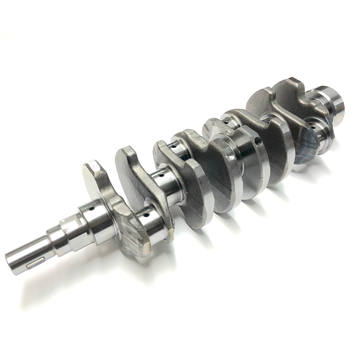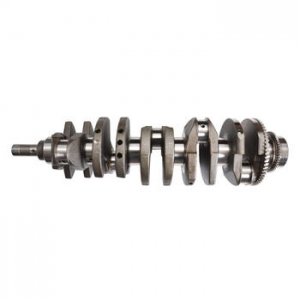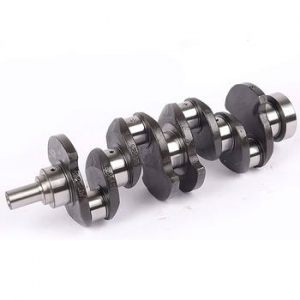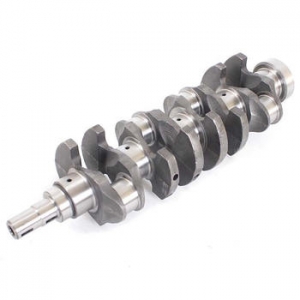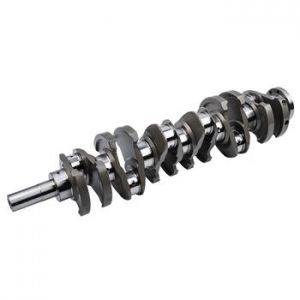The Role of Crankshaft Materials in Engine Performance
The crankshaft is a critical component of any engine, converting linear motion into rotary motion to drive the vehicle's wheels. The material used to make the crankshaft plays a significant role in determining the engine's overall performance. Different materials have varying properties, such as strength, stiffness, and weight, which can impact the crankshaft's ability to withstand the forces generated during engine operation.
Common Crankshaft Materials
Several materials are commonly used to manufacture crankshafts, including cast iron, forged steel, and billet steel. Each material has its advantages and disadvantages, which can affect the engine's durability and performance.
Cast Iron
Cast iron is the most commonly used material for crankshafts in low-performance engines due to its low cost, ease of manufacturing, and good fatigue strength. However, it is heavier than other materials and has lower stiffness, which can lead to deflection and reduced engine performance.
Forged Steel
Forged steel is a stronger and lighter material than cast iron, making it an excellent choice for high-performance engines. Forged steel crankshafts are made by heating and hammering a solid piece of steel into the desired shape, resulting in a denser and more durable component. Forged steel crankshafts are more expensive than cast iron but offer better performance and durability.
Billet Steel
Billet steel is the strongest and lightest material used for crankshafts, making it the preferred choice for high-performance racing engines. Billet steel crankshafts are made by machining a solid block of steel into the desired shape, resulting in a highly precise and strong component. However, billet steel crankshafts are the most expensive option and are typically only used in high-end racing applications.
Impact of Crankshaft Materials on Engine Durability
The material used to make the crankshaft has a significant impact on the engine's durability. A stronger and stiffer crankshaft will be better able to withstand the forces generated during engine operation, reducing the risk of failure and extending the engine's lifespan. Conversely, a weaker and more flexible crankshaft will be more prone to deflection and fatigue, leading to reduced performance and a shorter lifespan.
Conclusion
Choosing the right crankshaft material is critical for achieving optimal engine performance and durability. While cast iron crankshafts may be suitable for low-performance engines, forged steel and billet steel crankshafts offer superior strength and stiffness for high-performance applications. Ultimately, the choice of crankshaft material will depend on the specific requirements of the engine and the desired balance between cost, performance, and durability.

